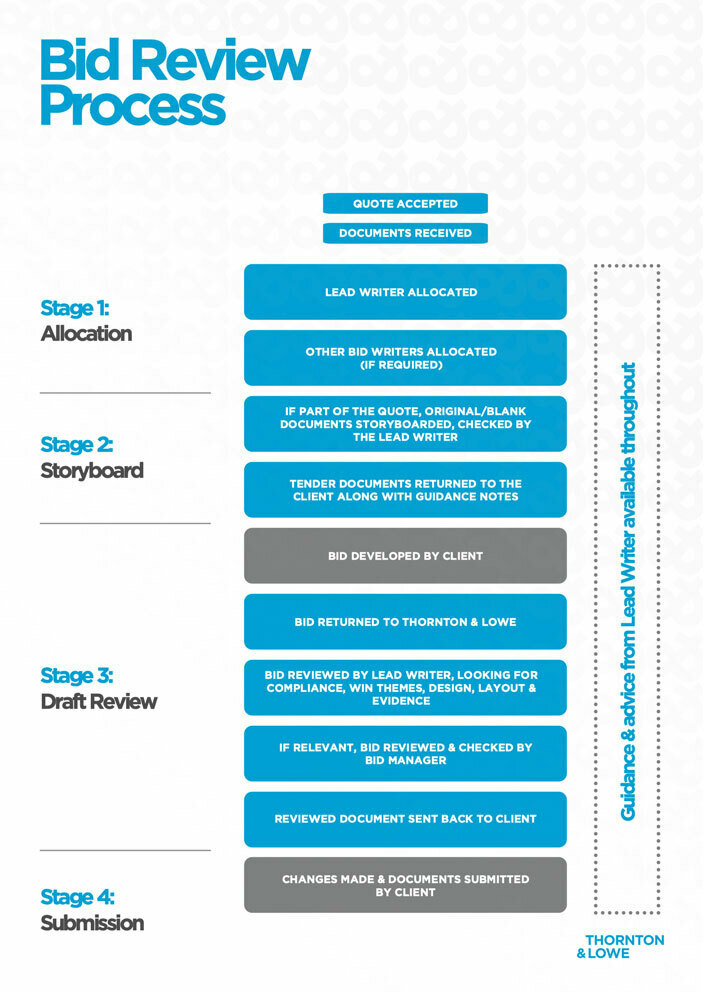Social value outcomes have become increasingly important, especially if your business tenders for government contracts. You may find yourself wondering about the actual benefits that can be achieved through social value initiatives and what you can offer in your bids, which will have the biggest impact.
In this article, we'll explore the evolution of social value and its impact on organisational culture. We'll touch on the TOMs framework and social value bid writing.
Need social value bidding support?
See our Bid Templates, which include pre-written Social Value tender responsesThe Evolution of Social Value
Historical Context
You might have noticed a significant shift in how businesses approach their impact on society and the environment. The introduction of the Public Services Act in 2012 marked a turning point in measuring the benefits of infrastructure developments and projects. Prior to this, cost was the primary success factor. However, today, you'll find that professionals in the highways and infrastructure sector must consider a project's impact on the environment, local communities, and wider society.
Current Trends
The concept of social value has gained substantial traction in recent years. You'll observe that an increasing number of companies are actively seeking to understand how to better track and measure their social impact on the communities they serve. This trend has been driven by major societal events, such as the prolonged impacts of the pandemic and protests against gender and racial injustice.
In the UK, the introduction of the Social Value Model (2020) has further emphasised the importance of social value. Public sector authorities are increasingly adopting mechanisms to ensure that their suppliers are socially responsible and sustainable entities. This has led to a growing focus on Social Return on Investment (SROI) as a key metric and specific themes to prioritise in your bids.
Future Predictions
Looking ahead, you can expect social value to play an even more significant role in shaping business practices and public sector procurement. The Procurement Act plays a role in this. By 2032, it's anticipated that social value will be embedded in all public sector procurement, influencing decisions about how taxpayers' money is spent. This trend is expected to extend to the private sector, with social value potentially influencing around 20% of UK GDP.

Social Value and Organisational Culture
Embedding Social Value in Company DNA
To truly make a difference to society and the planet, you need to weave social value into the fabric of your organisation. It's not enough to simply pay lip service to these principles; they must become an integral part of your company's DNA. By aligning your corporate goals with social value, you can create a purpose-driven identity that resonates with stakeholders. This also happens to be incredibly useful bid writing evidence for social value tender questions!
Developing a social value strategy has become vital for long-term success, sustainability and evidence. The strategy should:
- Set clear goals and benchmarks
- Implement key performance indicators (KPIs) to track impact
- Regularly review and revise the strategy based on feedback and emerging trends
Employee Engagement and Social Value
Engaging employees with your social value strategy can greatly improve organisational performance, profitability, customer satisfaction, and employee retention. It can:
- Encourage employees to incorporate social value into their daily actions
- Create an environment where everyone feels safe to share their thoughts and ideas
- Ensure employees understand the company's social value objectives and have easy access to initiatives
Studies have shown that companies with highly engaged workforces experience 24% less staff turnover, 17% higher productivity, and 21% higher profitability. By involving employees in setting social value objectives and providing opportunities for participation, you can harness this potential for your organisation.
Leadership's Role in Driving Social Value
Leadership is essential to ensure social value comes to life across the organisation. Leaders play a critical role in providing meaning and purpose for their workforce and unlocking the full potential of social value initiatives. To achieve this:
- Walk the walk, not just talk the talk on social value
- Embed social value into all business governance, engagement, and delivery up-front
- Find out what really matters to your people and how you can help them make a difference
By understanding your organisation's purpose and how social value supports its achievement, you can start meaningful conversations and ensure that challenge and differing perspectives are welcomed.

Social Value & Bid Writing Support
For businesses looking to win tenders, frameworks, and contracts with the public sector, understanding and implementing social value strategies is crucial. By aligning your company's goals with social value principles, you can improve your bid writing capabilities and stand out in competitive procurement processes. Remember, social value is not just a box to tick; it's an opportunity to make a real difference while also boosting your business prospects. As we move forward, the companies that embrace social value will be the ones that thrive, creating a better future for all.
To help you achieve your social value objectives and win more contracts, we offer a range of services, including:
- Social Value Bid Writing: We can help you craft compelling and credible proposals that showcase your social value achievements and aspirations, align with the buyer's requirements and expectations, and differentiate you from your competitors. We can also assist you with developing and implementing social value strategies, policies, and action plans that support your bid.
- Social Value Bid Review: We can review your existing bids and provide feedback and recommendations on how to improve your social value content, evidence, and presentation. We can also help you benchmark your social value performance against industry standards and best practices, and identify areas for improvement and innovation.
- Social value Bid Training: We can provide bespoke and interactive social value training sessions for your staff, covering topics such as social value definitions, frameworks, measurement, reporting, and communication. We can also share our insights and tips on how to write effective and persuasive social value bids that meet the buyer's needs and expectations.
Whether you need one-off bid writing support or ongoing support, we can tailor our bid writing services to suit your specific needs and budget. Contact us today to find out how we can help you create and communicate your social value impact and win more business.




